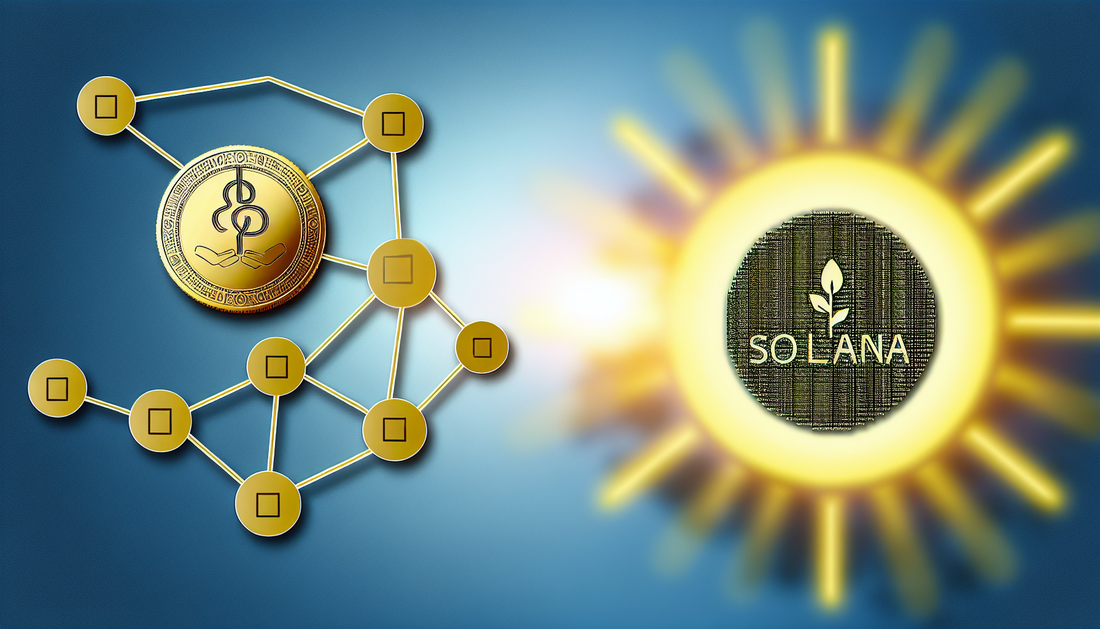
Examining Solana's Major Blockchain Criticisms
Share
Biggest Criticisms of Solana (SOL) Blockchain
Solana, known for its high throughput and low transaction costs, has raised significant attention within the cryptocurrency space. However, it is not immune to criticism. Here, we delve into the major criticisms that have surfaced about Solana's infrastructure and operational dynamics.
Centralization Concerns
One of the primary criticisms of Solana is its perceived centralization. The network's Proof of History (PoH) and delegated Proof of Stake (dPoS) consensus mechanisms are designed to achieve high-speed transactions. However, critics argue these systems potentially compromise decentralization, a core tenet of blockchain philosophy. A limited number of validators on the network can lead to centralization of power, akin to traditional financial systems, which goes against the decentralized nature heralded by blockchain technology. Similar trends in centralization issues have been observed in other blockchain systems as well, as detailed in “Is Internet Computer (ICP) the Next Big Scam?”.
Network Stability
Network outages have been another significant concern for Solana. Several times, the network has experienced major downtime, halting transactions and raising questions about its reliability. These outages can undermine confidence among developers and investors worrying about the blockchain’s capability to handle large-scale applications uninterrupted. Ensuring stability is crucial, especially as Solana aims to be a serious contender in the highly competitive blockchain market.
Security Vulnerabilities
Being relatively new compared to other blockchains like Ethereum, Solana has faced questions regarding its security robustness. The inability to invulnerably withstand Distributed Denial of Service (DDoS) attacks has been a specific point of critique. Security vulnerabilities pose a threat to the developer ecosystem and can impede the network's growth potential.
Environmental Impact
Though Solana is often credited as a more environmentally friendly option than traditional Proof of Work blockchains, its energy consumption is still a topic of ongoing debate. Concerns about the environmental impact of PoH and its resource-intensive nature have been raised, similar to the issues faced by other proof-based systems discussed in “The Impact of Layer-2 Solutions on Blockchain Scalability”.
Lack of Documentation
Finally, despite its innovative design, Solana has been criticized for insufficient documentation for developers. This lack of comprehensive resources can be a barrier for new developers looking to build on the platform, potentially hindering adoption and the creation of decentralized applications.
